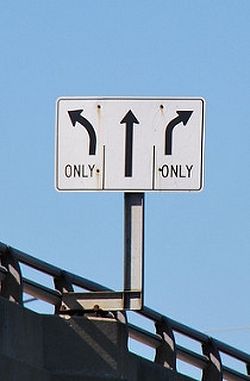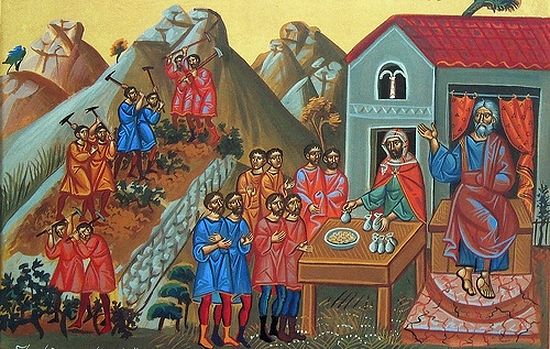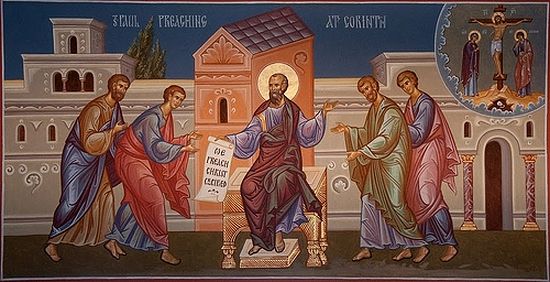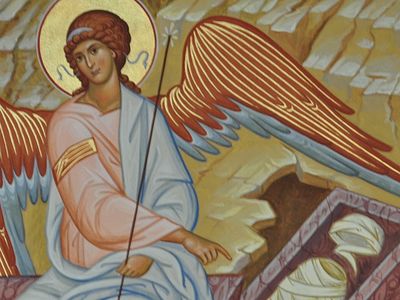
A brother questioned Abba Poemen saying, “An inheritance has been bequeathed to me; what shall I do with it?” Abba Poemen said to him, “Go, and after three days come to me, and I will give you counsel.” And the brother came, and Abba Poemen said to him, “What counsel shall I give you, O brother? If I tell you to give it to the church, they will make feasts with it; and again, if I tell you to give it to your kinsmen, you will have no reward; but if I tell you to give it to the poor, you will have no further care. Therefore go and do with your inheritance what you please, for I am not able to advise you rightly.” (adapted from The Paradise or Garden of the Holy Fathers (Volume 2), Loc. 661-65)
Abba Poemen advises, yet leaves the choice to the disciple who then bears responsibility for the decision. Poemen, even though asked by the disciple to advise, is careful to leave the choice to the disciple and also the responsibility for the decision.

This thinking we also see in our Lord Jesus who teaches using parables. We have to think about the parables and what they mean and how to apply them to our lives in 21st Century America. Teaching moral living through parables calls the disciple to exercise their God-given gift of free will and to make real choices in life. Parishioners aren’t meant to be kept as children all their lives who must be told what to do by the clergy. They are fully responsible disciples who need to learn the Gospel lessons in order to apply them to every situation and every moment of their lives. God gave us free will and rational thinking – we are to put them to good use. If God wanted us to be automatons, He would have created robots, not humans.
 Matthew 20
Matthew 20
If we constantly speak on contemporary issues and tell parishioners how they must think about everything, we fail to teach as Jesus taught. We are to teach and proclaim the Gospel in order to empower the parishioners to apply those lessons to their lives, to their decision making, to their life choices. They need to learn what is essential from the Gospel in order to learn how to apply the lessons to their own lives. When the preachers decide that contemporary issues are the proclamation, they set aside the Gospel. As one aphorism has it,“When I preached repentance, nothing happened. When I preached joy, nothing happened. But when I preached the Gospel, some repented and some rejoiced.”




